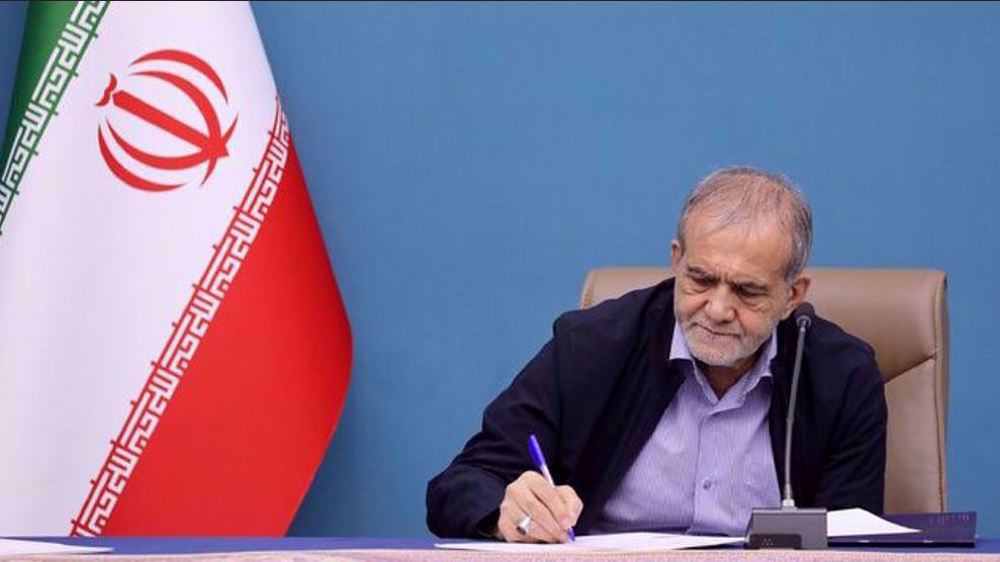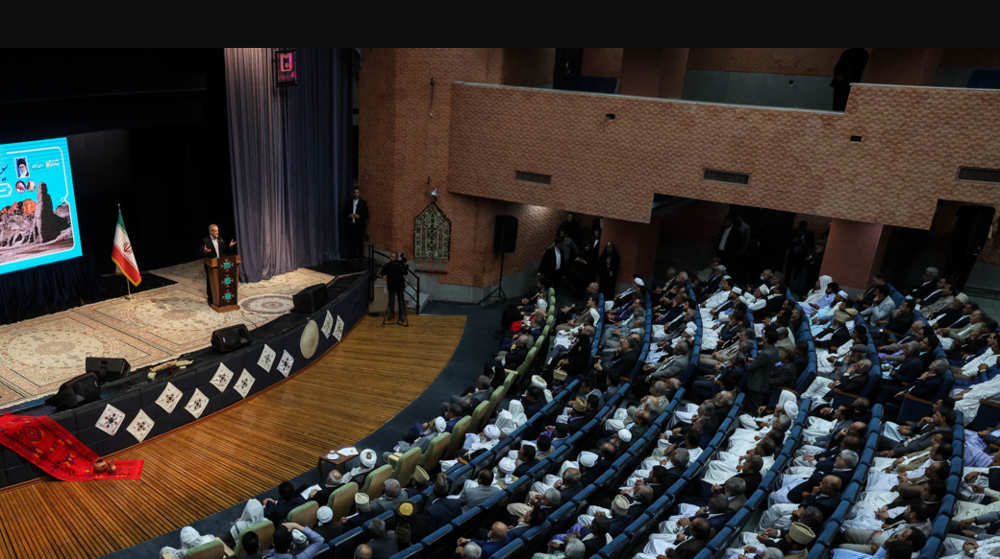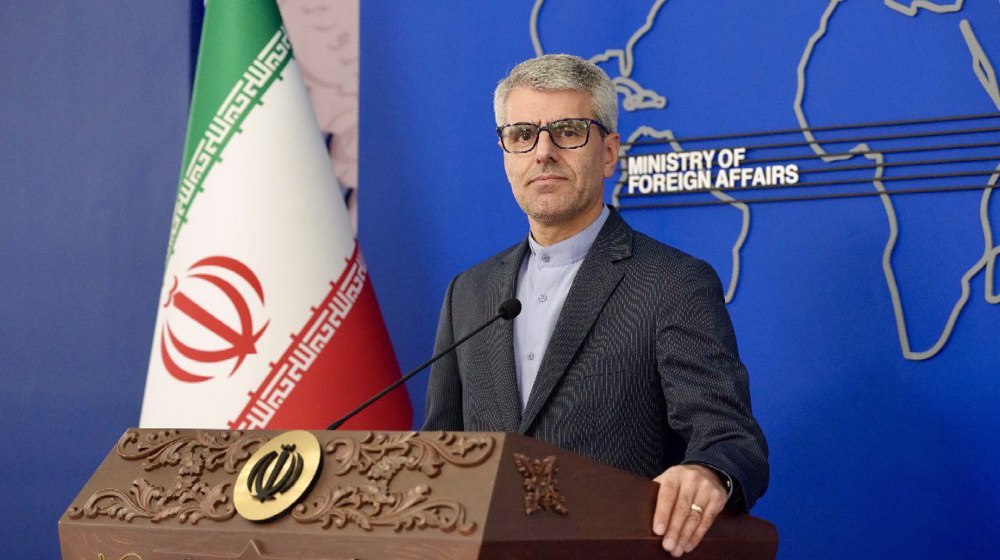Iran-Saudi row to ease if Riyadh shifts policy: Spokesman
Iran says efforts to mediate between Tehran and Riyadh will yield result if Saudi Arabia alters its policy of creating tension in the region.
“The success of any mediation between Iran and Saudi Arabia depends on a shift in Saudi Arabia’s radical policy on the region, particularly Iran,” Hossein Jaberi Ansari, Iran’s Foreign Ministry spokesman, said in his weekly press conference on Monday.
“Basically, any change should be initiated by the country which has put [the approach of] creating crisis and tension on its foreign policy agenda,” he said.
The Iranian official noted, however, that there has so far been no sign of any change in the Saudi government’s stance in this regard.
Jaberi Ansari was reacting to Pakistan’s expression of readiness to mediate between Iran and Saudi Arabia to end the current row between the two countries.
Following his trip to Saudi Arabia, Pakistani Prime Minister Nawaz Sharif arrived in Tehran on January 19 to hold talks with senior Iranian officials, including President Hassan Rouhani.
In Riyadh, Sharif conveyed his country’s “deep concern” to Saudi King Salman bin Abdulaziz over escalating tensions between Iran and Saudi Arabia following the January 2 execution of prominent cleric Sheikh Nimr al-Nimr by Saudi Arabia.
Sheikh Nimr’s execution was widely censured by Muslims and human rights activists around the globe as well as different governments.
Saudi Arabia severed diplomatic relations with Iran on January 3 following demonstrations outside the Saudi embassy in Tehran and its consulate in the northeastern city of Mashhad by angry protesters.
Besides Pakistan, other countries, including Russia and China, have also voiced readiness to mediate between Iran and Saudi Arabia.
No military solution to Syria crisis
Touching upon the ongoing conflict in Syria, Jaberi Ansari reaffirmed Tehran’s stance on the necessity of resolving the crisis through a political approach rather than military action.
“Iran will continue to play a helping and facilitating role to [help] the conclusion of an agreement in Syria,” he said.
The remarks came ahead of a new round of international talks on Syria, which are expected to be held in the Swiss city of Geneva in a couple of days.
The UN-sponsored talks between the Syrian government and opposition were scheduled to begin Monday but the talks seem to be delayed over disagreements as to which parties should be invited to the negotiations.
The Austrian capital of Vienna hosted the first two rounds of talks on Syria on October 30 and November 14 last year. The third round of Syria talks was held in New York on December 18, 2015.

On December 26, 2015, the UN announced plans to convene negotiations between the Syrian government and the opposition in Geneva on January 25 in another attempt to end the deadly crisis in the Arab country.
The foreign-sponsored conflict in Syria has claimed the lives of more than 260,000 people and left over one million injured since March 2011. The crisis has also displaced millions of Syrians.
Syria blames the crisis on some countries, including Turkey and Saudi Arabia, saying that if it had not been for their support, the terror groups, particularly the Daesh Takfiri group, could have never taken control of the territories across the country.
VIDEO | Iran eases the rules for exporting hand-woven carpets
VIDEO | Intl. Day for the Elimination of Violence against Women: A stark reminder of Gaza women
Australia denies ex-Israeli minister Shaked visa
VIDEO | 85% of Yemeni displaced people face daily hunger crisis
US House passes bill targeting charities and pro-Palestine groups
VIDEO | Supporting Gaza genocide
Hezbollah attacks Israeli forces after Lebanese homes blown up
World leaders, states hail ICC arrest warrants for Netanyahu, Gallant














 This makes it easy to access the Press TV website
This makes it easy to access the Press TV website